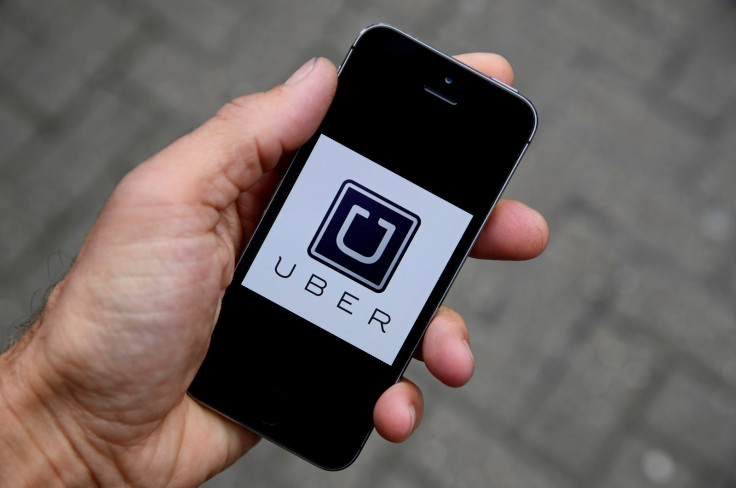Uber accused in lawsuit of causing an employee to take own life
Zecole Thomas is suing Uber, claiming her husband's mental health declined due to stress and discrimination.

A woman in San Francisco, California, is suing app-based taxi company Uber, claiming that her late husband's job at the firm caused him so much stress that he took his own life.
Joseph Thomas, 33, an African-American software engineer at Uber, shot himself in August 2016. Prior to his death, he told his wife Zecole and his father Joe that he had been experiencing immense pressure and stress at work, and that he was afraid that he would soon be losing his job.
Zecole and Joe told Joseph to see a psychiatrist. He visited two doctors and reported that he had been having panic attacks, trouble concentrating at work and near-constant anxiety.
His family also believe he likely experienced racism at work – just 1% of all tech workers at Uber are black and none of them are in management positions, according to Uber's first diversity report released in March.
While depression can have many causes and it is not easy to determine exactly why a person decides to take their own life, Zecole and Joe are convinced that Uber is responsible for Joseph's mental decline and they have filed a lawsuit against the firm.
A handsome, successful highflying software engineer
They say that prior to working at Uber, Joseph had been a handsome, successful, high-flying software engineer who had worked his way up in the tech industry in Atlanta, before moving to Pittsburg in Contra Costa Country, California, with his wife and two sons aged seven and nine to work at LinkedIn.
He was then offered jobs with both Apple and Uber, but he turned Apple down and took a $170,000 (£132,410) job with the ridesharing app firm because he felt that he would grow more with a younger company and might have the chance to profit from stock options when Uber went public.
"It's hard to explain, but he wasn't himself at all," Zecole told the San Francisco Chronicle. "He'd say things like, 'My boss doesn't like me.' His personality changed totally; he was horribly concerned about his work, to the point it was almost unbelievable. He was saying he couldn't do anything right."
His family said that he lost his confidence because he was given unrealistic targets to meet, and that from what Joseph had described, Uber had unhealthy ways of treating employees, almost like a sort of brainwashing.
"Man words can't really describe. I'm not dead but I wouldn't describe myself as ok," Joseph wrote in a Facebook chat a month before his death to Neil Mirchandani, a close friend of more than a decade. "The sad thing is this place (Uber) has broken me to the point where I don't have the strength to look for another job."
Uber has refused to pay workers' compensation
The case is still in its early stages and Uber has so far denied the workers' compensation benefits claim filed by the Thomas family, because under Californian law, psychiatric injuries are not covered unless the employee has been working in the company for at least six months. Joseph had been at Uber a little less than five months when he killed himself.
However, if the psychiatric injury "is caused by a sudden and extraordinary employment condition", then the employer can still be found liable. Uber has so far refused requests by the Thomas family's legal counsel to examine Joseph's boss in court, but an administrative law judge ruled in mid-April that the supervisor will have to submit to a deposition.
If Uber is found liable, it will likely have to pay benefits in the amount of about $722,000 in weekly cheques until Joseph's sons turn 18.
Uber has come under scrutiny recently over the last year about how it tracks customers, treats drivers, misleads customers and drivers, and most recently, the sexual harrassment experienced by female employees that was ignored by the firm's HR department.
The Samaritans provides a free support service for those who need to talk to someone in the UK and Republic of Ireland. It can be contacted via Samaritans.org or by calling 116 123 (UK) or 116 123 (ROI), 24 hours a day, 365 days a year.
If you or someone you know is suffering from depression, please contact a free support service at Mind.org.uk or call 0300 123 3393. Call charges apply.
© Copyright IBTimes 2024. All rights reserved.






